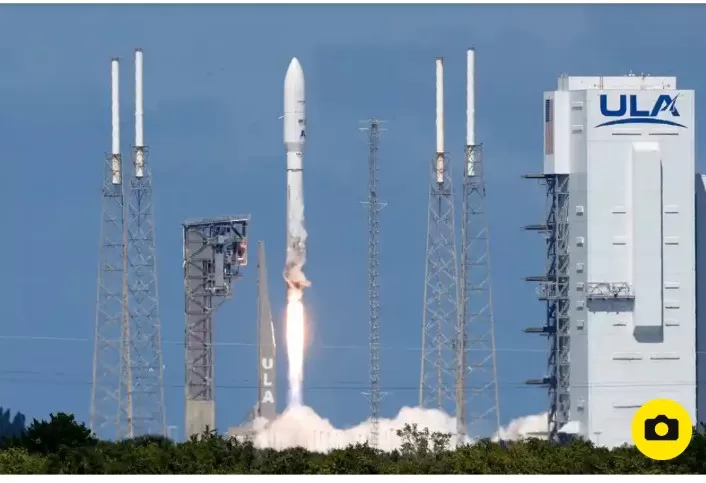In the race for cosmic supremacy, two mega-billionaires, Elon Musk and Jeff Bezos, are vying for control of Earth’s orbit. Elon Musk, the founder of SpaceX, has already launched over 4,500 Starlink satellites, granting him significant influence over global communications and even the power to intervene in military conflicts. This was evident when he denied Ukraine’s request to activate SpaceX services during a planned drone strike, fearing Russian retaliation.
However, Jeff Bezos, the Amazon founder and the world’s third richest person, is now entering the arena. His initial satellites recently entered orbit, setting the stage for a potential dual domination of near-Earth space by these ultra-wealthy individuals. Concerns are arising about the concentration of such power in the hands of a single decision-maker, especially given Musk’s growing influence.
While SpaceX holds a substantial lead with plans to launch 42,000 satellites, Bezos, through Amazon’s Project Kuiper, is pursuing a more modest goal of 3,236 satellites by 2029. Despite the challenges Bezos has faced in getting his satellite project off the ground, other players are also in the race, including Eutelsat OneWeb and the European Union, planning to launch their own satellites.
This intense competition in space raises questions not only about web influence and Earth’s orbit but also about the finite capacity of orbital highways and the growing issue of space debris. Over 30,000 pieces of space debris larger than 10cm are currently orbiting the Earth, posing a serious risk of collisions. As these billionaires and organizations aim to fill space, there’s a growing need for better tracking and responsible disposal of space junk.
In this space race, some experts suggest adopting a more sustainable and holistic approach, similar to the stewardship practiced by Indigenous communities, to ensure the long-term well-being of our planet and its orbits. As the world watches these billionaires’ cosmic endeavors, the need for responsible space management becomes increasingly critical.







